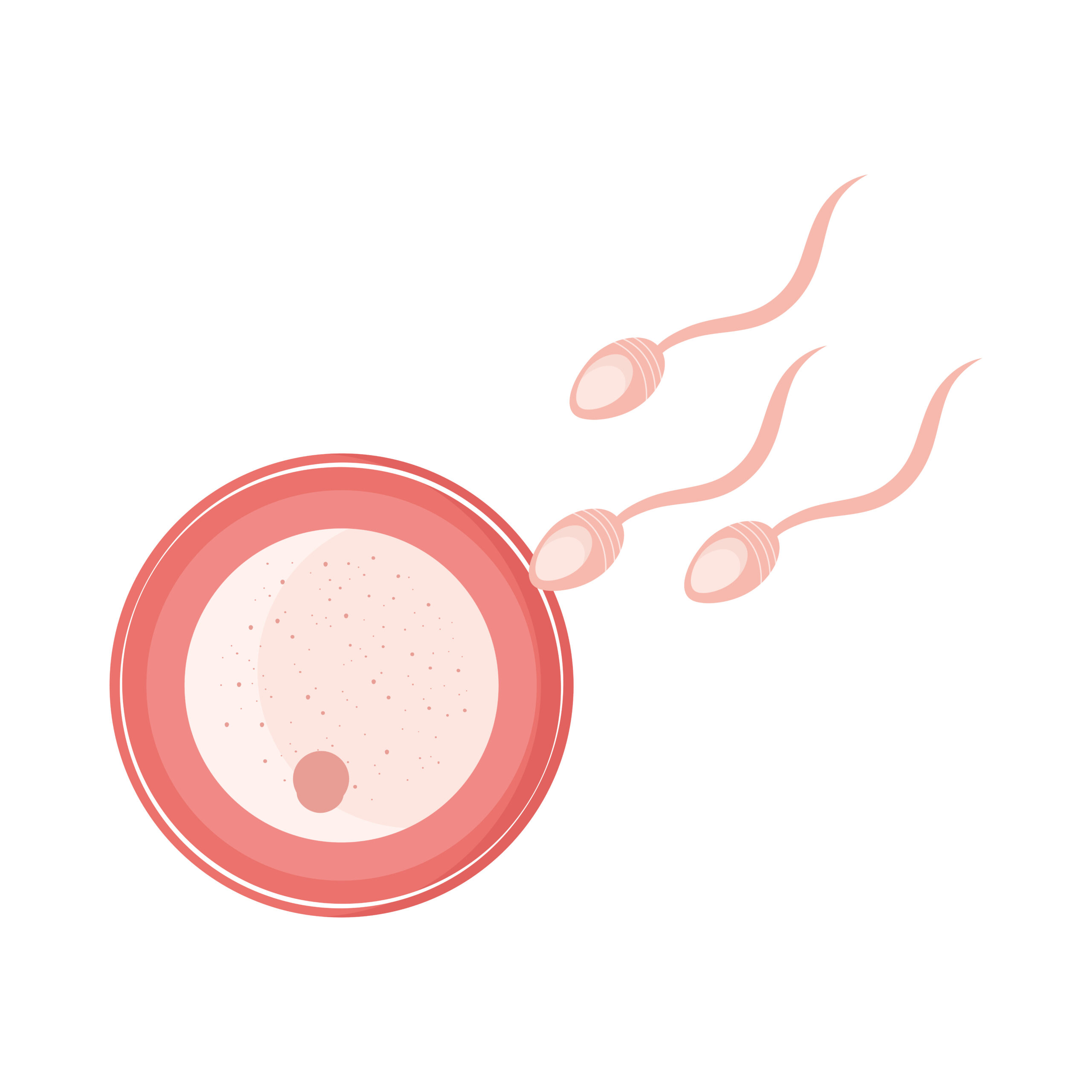Shouldn’t we be able to obtain the vitamins, minerals, antioxidants, and all the other macro and micro nutrients we need to thrive from our food and water intake (and sunshine!)?
Unfortunately, for various reasons we most often don’t get all the nutrients we need from food and water alone, and therefore need to provide the body with their concentrated forms.
Why There Are Nutritional Deficiencies
The levels of some nutrients in Australian soil have decreased due to farming methods, overgrazing by sheep and cattle, and land clearing. For example, Australian soil–and therefore food grown in Australia–has been shown to have low levels of selenium, a potent antioxidant, anti-viral, and anti-cancer micronutrient.
The toxins that we encounter in our day-to-day lives are also much higher than they once used to be, whether they come from pollution, additives, pesticides, cleaning products, skincare products… the list goes on and on. We now need higher amounts of nutrients and antioxidants to counteract the negative effects of these chemicals.
Of course, the variety of food available to us is diverse. This can be a great thing because if we are eating from the panorama of vegetables, fruits, legumes/beans, nuts, seeds, and fish, we actually are getting a wide variety of nutrients, some of which scientists probably haven’t even identified yet! However, the downside is that many people choose to eat foods that are processed and therefore high in salt, sugar, saturated fat, or choose foods that are simply nutrient-sparse.
Have you heard of a little something called stress? Yes, this common driver of inflammation and many chronic health conditions is also a big reason why we need extra nutritional support these days. Processing the body’s stress responses requires certain nutrients, such as the B vitamins and magnesium, not to mention adequate protein levels.
Nutrients also support the activities that help to relieve stress in the body, such as exercise and sleep. If you are stressed you need to be sleeping well so that the body and mind can process the effects of stress; however, often when people are stressed, they find it harder to sleep. This is one situation in which supplementing with nutrients can be of great help to break that negative cycle.
Existing or latent health conditions and concerns also require extra nutritional support to help fight the pathogen, or to coax the body back into balance. In these circumstances, we need more nutrients than we would otherwise to simply maintain good health. And it is this particular factor that often determines which supplements we give to clients, because we do see the beneficial outcomes and improvements in their health.
On top of these factors, our lifestyles also play a significant role in our individual nutritional needs. The activities that we choose for work, pleasure, social interaction, family engagements, exercise, relaxation, and entertainment all impact our health to a degree—whether positively or negatively. Lifestyle choices impact our nutritional requirements for creating energy in the cells, detoxifying, and maintaining health and balance.
Individual dietary restrictions also mean that there are some nutrients that are just simply harder to get for some of us. For example, for vegans it is extremely difficult to obtain, from what they eat, the necessary B12 and iron to be in robust health.
Aversion to Taking Supplements
All of this notwithstanding, many people (ahem… my husband) have an aversion to taking supplements, thinking that they shouldn’t need them, or that they may create dependency. Others simply don’t like swallowing or drinking them!
People like to think that they should be able to eat well enough so that they don’t need to be supplementing.
I get it! That would be great!
The truth is, though, that because of the reasons given above, we often need a little—or a lot—extra support. In clinic, we frequently see that when people get their nutrient blood levels tested, they are sub-optimal in a certain vitamin or mineral such as iron or vitamin D. While it would be great for people to be able to get everything from the diet, it just isn’t happening a lot of the time.
Overdoing the Supplements
Conversely, us practitioners at The Fertility Pod also see people come into clinic who take 10-15 different supplements because they have read on social media, or heard someone say, that this or that nutrient helped them with their health, perhaps to become pregnant, or for some other benefit. As health practitioners, we don’t generally want people on that many supplements—it actually takes work for the body to break them all down and fully utilise what they have to offer.
The Role of Supplements
I want to clarify that nutritional supplements should not be used as a replacement for a healthy diet. Healthy diet and lifestyle choices necessarily form the foundation of health, with supplementation being just that: something extra..
In this blog post I haven’t yet touched on herbal medicine—that is a whole other topic—but people often conflate nutritional supplementation and herbal medicine because commercial brands frequently market them together, mix them together in tablets and powders. And indeed, practitioners often prescribe both at the same time. Herbal medicine is a great way to affect a change in the body, but it isn’t substituting for something that we could otherwise get in the diet.
Back to nutritional supplements, think of them as little booster packs for your body. They may not be needed all the time, but when treating a deficiency or particular health concern, or when supporting a certain stage of life, they often come in handy to ensure the body is replete in its building blocks and has what it needs to heal and function optimally.


